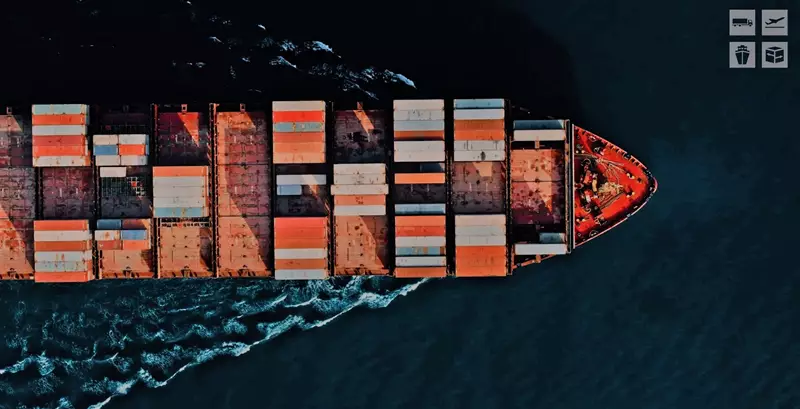LEMAN stays close to affected customers amid supply chain disruptions.
Copenhagen, February 3rd. The ongoing crisis in the Red Sea region continues to send shockwaves across especially Europe, prompting businesses to grapple with deteriorating supply chains and escalating input costs. Major economies such as Germany, France, and Italy are reporting significant disruptions, while countries like Greece, situated close to the Suez Canal, are particularly hard hit.
Supplier delivery times plunge: A grim picture emerges
The latest S&P Global purchasing managers’ index (PMI) survey reveals a concerning trend, with supplier delivery times across Europe deteriorating significantly. The index has fallen below 50 for the first time in over a year, highlighting the growing strain on manufacturing operations.
Production halts and component shortages: Automotive industry hit hard
Prominent carmakers such as Tesla in Germany, Volvo Cars in Belgium, and Suzuki in Hungary have been forced to halt certain production lines due to component shortages caused by rerouted vessels.
Increased shipping costs: Making business problems worse
European companies are facing a sharp increase in shipping costs, with freight rates from East Asia to the Mediterranean skyrocketing by 200 percent or more since early November. Similar spikes are observed in the Asia to North Europe route, amplifying cost pressures amidst supply chain disruptions.
Red Sea traffic plummets: Decline in trade volumes
Since the onset of Houthi attacks in October, Red Sea traffic has plummeted, with trade volumes in the Bab el-Mandeb Strait down by 65 percent compared to pre-crisis levels. This decline has led to higher input costs and significant delays in deliveries, particularly impacting countries like the UK.
Inflationary concerns: Warning of potential economic consequences
Economists warn of potential inflationary consequences from prolonged disruptions in the Red Sea region. Elevated transport costs could add 0.3 to 0.4 percentage points to the eurozone’s headline inflation measure, with significant impacts expected in the second half of the year.
Alternative delivery routes: Mitigating risks amidst challenges
While analysts suggest that alternative delivery routes could help mitigate inflationary risks, continued trade disruptions pose an upside risk to inflation projections. Vigilant monitoring by policymakers and businesses is essential to navigate through uncertainties.
LEMAN’s commitment: Supporting affected customers
At LEMAN, we stand by our affected customers, providing support and exploring alternative solutions to navigate through these challenging times. Our close communication and proactive approach aim to minimize disruptions and ensure the resilience of our logistics solutions amidst evolving circumstances.
Proactive risk management: Securing bookings in advance
A highly effective risk management strategy involves urging suppliers to secure bookings well in advance. We highly advise suppliers to make bookings 3-4 weeks prior to vessel departure to mitigate challenges related to volatile freight rates and longer lead times.
Keeping partners informed: Our commitment to transparency
We are dedicated to keeping all affected customers and partners informed as quickly and thoroughly as possible. Despite the regrettable situation, our focus remains on minimizing disruptions and providing support amidst these turbulent times.
Summary and appreciation
In the face of the ongoing challenges caused by the Red Sea Crisis, LEMAN extends our heartfelt appreciation to all our valued customers and business partners for understanding and collaboration. The patience and cooperation are instrumental as we navigate through these turbulent times together. Rest assured, we remain steadfast in our commitment to keeping everyone informed, minimizing disruptions, and providing the support needed to overcome these challenges. Thank you for your continued trust in LEMAN.
